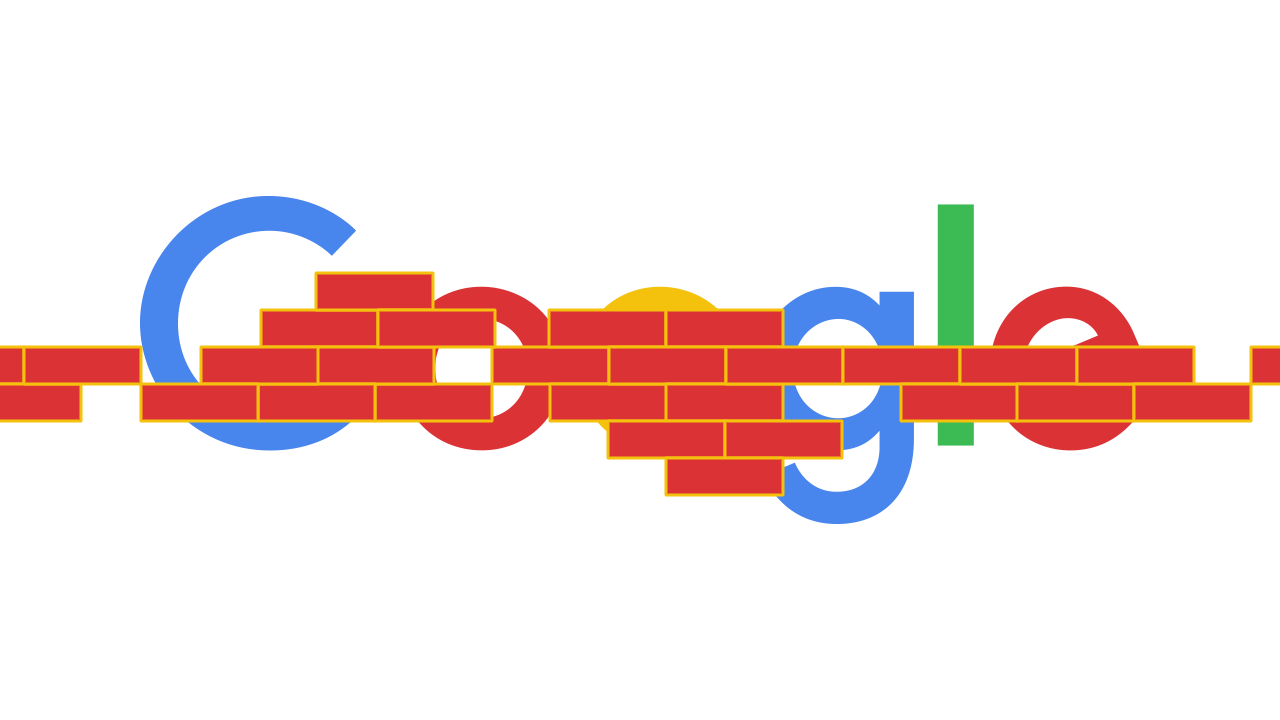Washington D.C. — Reports by the media and the Tor Project indicate that Google has made a change to their network infrastructure that blocks so-called “domain fronting.” Domain fronting is the practice of routing application traffic through a larger platform to mask its destination. This enables apps and services to circumvent some forms of repressive censorship and surveillance in places like China. Governments and internet service providers (which are often controlled by governments) in these places cannot shut down the targeted service without blocking access to the whole suite of popular Google products.
Access Now urges Google to reconsider the reported decision to end “domain fronting” and to urgently meet with impacted communities.
“As a repository and organizer of the world’s information, Google sees the power of access to knowledge. Likewise, the company understands the many ingenious ways that people evade censors by piggybacking on its networks and services. There’s no ignorance excuse here: Google knows this block will levy immediate, adverse effects on human rights defenders, journalists, and others struggling to reach the open internet,” said Peter Micek, General Counsel at Access Now. “To issue this decision with a shrug of the shoulders, disclaiming responsibility, damages the company’s reputation and further fragments trust online broadly, for the foreseeable future.”
“Google has long claimed to support internet freedom around the world, and in many ways the company has been true to its beliefs. Allowing domain fronting has meant that potentially millions of people have been able to experience a freer internet and enjoy their human rights. We urge Google to remember its commitment to human rights and internet freedom and allow domain fronting to continue,” added Nathan White, Senior Legislative Manager at Access Now.
After an initial review, Access Now has found approximately a dozen human rights-enabling technologies which rely, in full or in part, on Google’s commitment to protecting human rights and increasing internet freedom. These programs and services include: Signal, Psiphon, Lantern, Telex (in development), Tor, obsf4, ScrambleSuite, meek, meek_lite, Collateral Freedom, and GreatFire FreeBrowser.
